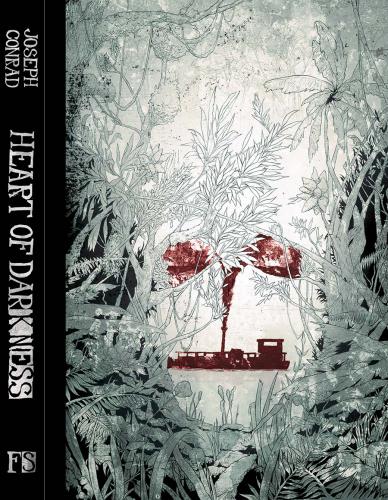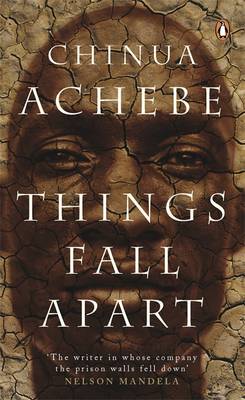One of the aims of the GSC (Global Studies Course) First Year Seminar is to help orient new students within global studies by giving them the opportunity to work on some specific content related to the instructor’s research area, and to consider how this fits within the broader concerns of global studies. Since my own area of study is literature, a major objective for this class was therefore to have students read some well−known works of “world literature” and, in responding to these works, to make connections to what they were learning about globalization in other parts of the GSC. Making these connections can prove hard for students, for whom the fictional settings especially of older works of literature from distant countries can seem very far removed from the reality of their daily lives in 21st century Tokyo.
World literature and Global Studies
We began the term by reading together Joseph Conrad’s short but hugely influential novel, Heart of Darkness (1899). Conrad (1857~1924) had Polish parents and a sense of Polish identity (his first language was Polish), but he was born a Russian subject in a part of Poland ruled by the Russian Empire. After his parents died when he was young, he left Poland to become a sailor, first with the French and then, in his early twenties, with the British merchant navy. By the time he attained British citizenship in 1886, Conrad had already travelled widely and spoke several languages. English, in which he would publish the novels that later made him famous, was his third language. Those novels, reflecting world political events as well as Conrad’s own extensive experience of foreign travel, are deeply concerned with problems of intercultural relations in a connected world. Heart of Darkness is typical in this regard. The novel was inspired by Conrad’s own trip to up the Congo River in 1890, when he witnessed the devastation that had been caused by the colonial policies of Belgian King Leopold II. European imperialism sought justification on the grounds that it brought “civilization” to the “primitive” peoples of Africa in the form of capitalism, trade, scientific progress, and Christianity. As Conrad saw and then described in painful detail in his novel, the reality in the Congo was far darker and uglier: greed, violence, destruction of human lives and environments, and a profound spiritual emptiness that afflicts Conrad’s colonists like a disease. The sense of horror that permeates the novel is brilliantly recreated in Francis Ford Coppola’s classic anti−war film Apocalypse Now (1979). Coppola based his film on Conrad’s novel, which he admired, but he shifts its setting from the 19th century River Congo to the Nung River in 1969 during the American war in Vietnam. In class, we watched some scenes from this haunting movie, which builds on Conrad’s work to show how imperialism and the violence and dehumanization that accompany it remain depressingly powerful forces that continue to wreak their havoc right up to our own era.
Yet not all of Conrad’s readers have been admirers of his work. The Nigerian novelist China Achebe was greatly angered by reading Heart of Darkness, and he described Conrad as a “thoroughgoing racist”. The cause of Achebe’s anger was Conrad’s representation of Africa and Africans; he thought this reinforced views of the continent as a dark and uncultured place, inhabited by primitive people who needed outside help if they were ever going to move beyond a condition close to that of beasts. In the second half of the term, therefore, we turned our attention to Achebe’s most famous novel, Things Fall Apart (1958), in which he provides the reader with an African perspective on the 19th century encounter between African and European peoples. Here the supporting cast of Conrad’s novel, local villagers and tribespeople, take center stage. We learn about their communities and social lives before the arrival of the white man, and we see how the forces of globalization disrupt those lives and reshape those communities, bringing opportunities to some and disaster to others. Achebe’s voice is compassionate; he is alert to the humanity of even the least sympathetic of the story’s characters. Moreover, he remains attentive not only to the richness and wisdom of the Igbo tradition of his own ancestors but also to the limitations of that tradition and to the plight of those whom it deprived of power.
It is to the actual lives of such African people that Conrad, for all his good intentions, remained blind. Reading Achebe’s novel is a way of restoring that gaze, returning attention to where it is due. At the same time, it provides us with a valuable opportunity to think about the reasons for Conrad’s blindness to African lives, and to reflect on our own comparable failures to adequately see the world around us. Since genuine interest in other lives and other perspectives is a driving motivation for most students of global studies, in the end this invitation to self−reflection may be the most valuable lesson that studying these novels offers.



